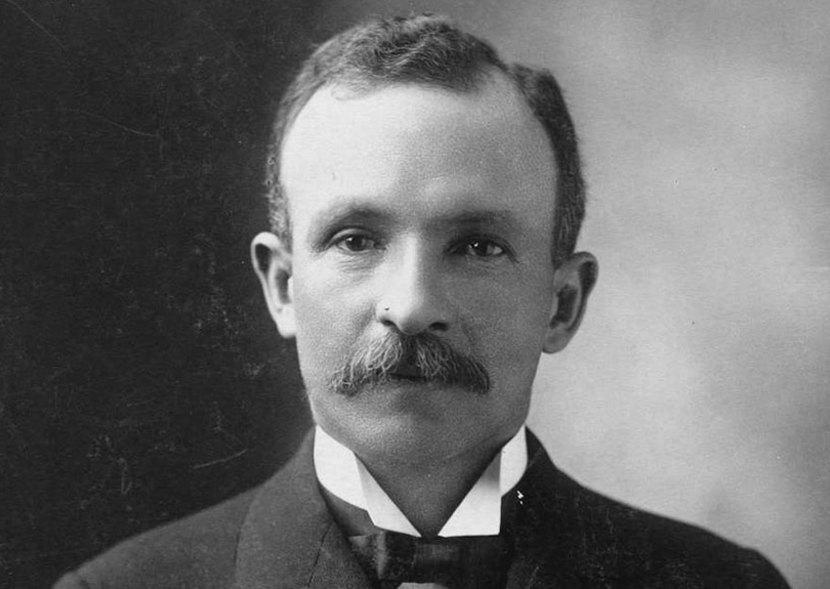What is an extended metaphor?
What is a version of metaphor that extends over the course of multiple lines, paragraphs, or stanzas of prose or poetry?
What is tone?
What is the poet's attitude toward the poem's speaker, reader, and subject matter, as interpreted by the reader?
Explain the significance of Christianity for many African American writers during the Long 18th Century (1783-1917).
What is a source of hope (for equal treatment once arrive in Heaven) and provided credibility.
What warning does Chesnutt offer readers of "The Wife of His Youth"?
What is...slavery separated families, so African Americans should not do the same based on skin tone. (Colorism)
What was the Harlem Renaissance and when was it?
What is...Harlem Renaissance after/ around WWI and ending around great depression (or 1937). Black social, political, and artistic movement (dance, fashion, music, art, literature).
What is an allusion? Provide an example.
What is a reference to a person, place, event, or other work of literature (often of “Classic” origin), usually without explicit identification?
What is the difference Douglass notes between masters who grow up with slaves vs. those who rent them out.
What is those who rent them out (poorer people) have to prove that they are better than their slaves by being excessively cruel?
Who is an author we studied that wrote during the Postbellum period and what stands out his poetry?
Who is Paul Laurence Dunbar? He writes in different dialects
Who is William Lloyd Garrison and why did Frederick Douglass include him in his narrative?
What is an abolitionists and to provide credibility to his story?
What conflict did Langston Hughes and Countee Cullen have?
What is Cullen wanted to viewed as a poet first, then as a black man. Hughes wanted to celebrate working class black life, which Cullen thought he used "too many Negro themes."
The following lines are an example of
So boy, don’t you turn back./ Don’t you set down on the steps/ ’Cause you finds it’s kinder hard.
What is Assonance?
What is context, structure, and technique and how does it help with close reading?
What is
- CONTEXT (This might include…Who is the author? When was he/she born and when did he/she pass away? When and where text was published? Who did he/she write this text for? Where is the author from? When is the text set? What was happening in America during this time?
- How is the text written? STRUCTURE
- TECHNIQUE: from first word to last word, who is telling the story and how do they tell the story?
Who is this?
- Born free. Raised religious.
- Invested in the anti-slavery movement
- Created protest poetry
Who is Frances E.W. Harper?
Who is this a picture of and what did he say about the "Negro Problem"?

Who is Charles Chesnutt? He believed the solution was in the hands of middle class, educated, progressive "color line" blacks such as himself—individuals who transcended categorization by straddling the racial and cultural divide, especially between urban whites and rural blacks (Someone who could assimilate b/w different groups and races...color line as flexible. Whiteness is a social construct.)
Who wrote in sonnets, celebrated the black working class in his poems, and was Jamaican American?
Who is Claude McKay?
What is Chiasmus? Provide an example.
What is a figure of speech in which two or more clauses are related to each other through a reversal of structures in order to make a larger point. Today, the term chiasmus may be applied to any “crisscross" rhetorical structure?
Who is Sophia Auld and what important lesson does Douglass learn from her?
What is she teaches Douglass that masters are made in that people learn to treat blacks unequally? She also teaches him how to read.
What is signifying retextualization?
What is How the enslaved are using words vs. how traditionally used. Religious interpretation and anti-slavery interpretations?
Who is Covey and what important lesson does he teach Douglass?
Who is a "slave breaker." He teaches Douglass that slaves are made (a mindset that must be resisted).
What is The Burden of Representation and how does it apply to an author we studied in Unit 3?
What is the pressure on the individual to represent the whole group? Hughes is expected to present a view of black life from the upper-class perspective instead of the working class.
The following lines provide an example of
Let our rejoicing rise/ High as the listening skies,/ Let it resound loud as the rolling sea.
*Simile will not be accepted here.
What is Consonance?
When was Bacon’s Rebellion and what was the end result?
What is 1676 and made divide and conquer laws. Advantages for white indentured servants and disadvantages for black indentured servants for land ownership, gun ownership, etc. Privileges and disadvantages moved from class to race
How do Early National black poets differ from the Antebellum or Postbellum black poets?
What is the Early National poets are more patient with injustices because the ideas presented in the Declaration of Independence were new?
What does Douglass say about white Christians who condoned slavery in his speech? (This is a motif commonly found in Antebellum black literature).
What is they are the true "savages" and not the black slaves?